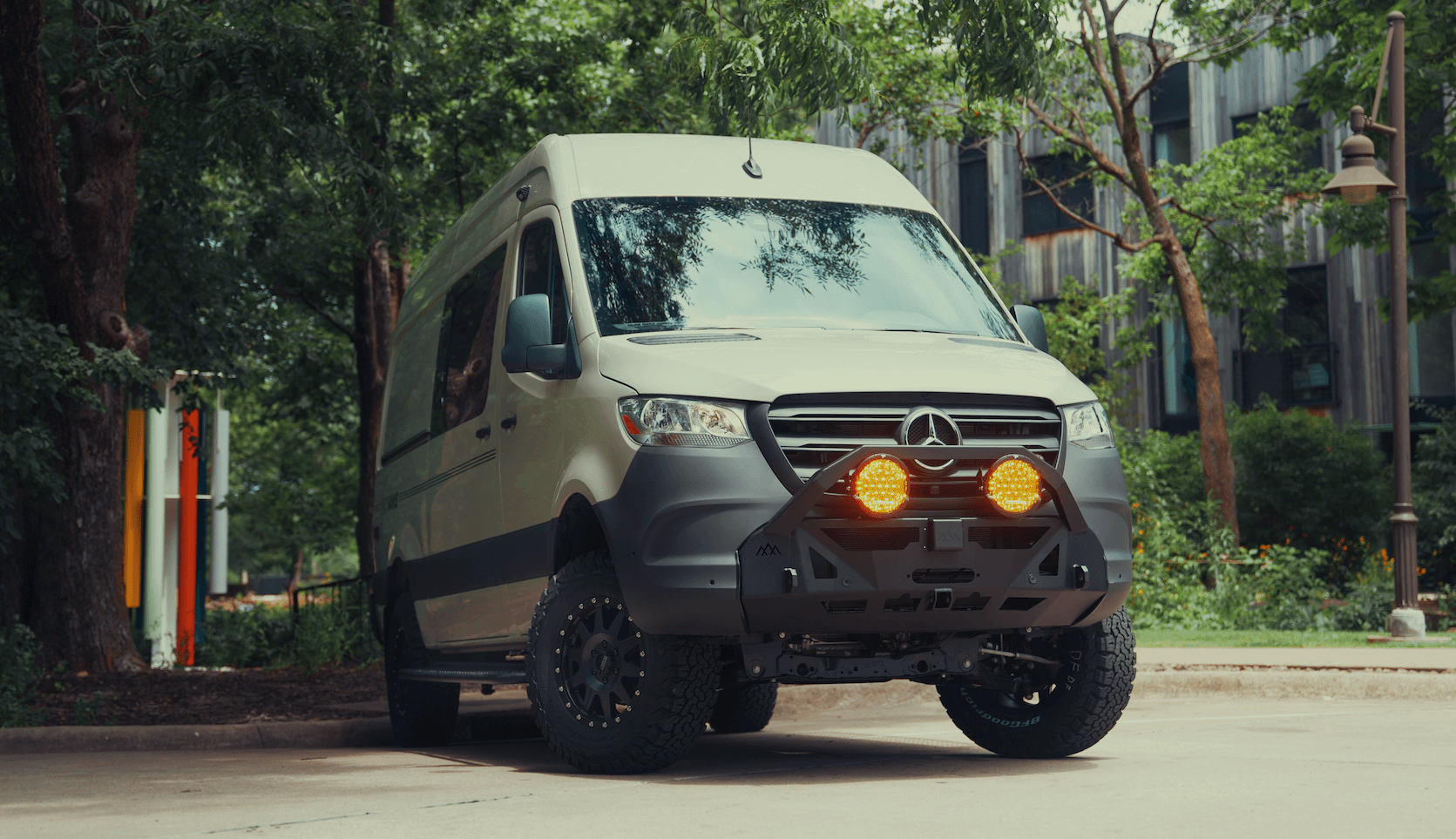Recreational Vans

Portable stove for van cooking starts with fuel selection. Each option changes heat control, cold weather reliability, storage needs, and safety procedures. Think about where you camp, how often you simmer versus sear, and whether you can run a fan or crack a window during use.
Liquid fuel stoves deliver strong heat and perform well in the cold. They also require priming and careful handling, which raises the bar for safe operation inside a small cabin. These are best reserved for outdoor use near the van, with a stable table and a clear area free of flammables. If you must use them under cover, do so with maximum airflow and never while sleeping or idling.
Induction brings flameless cooking and precise control. It also demands a healthy battery bank and a capable inverter. Typical draw ranges from 900 to 1800 watts per burner, so plan for short bursts and use lids to conserve power. Induction does not produce combustion gases, but steam and grease still require a fan to manage humidity and odors.
Even the best portable stove for van life is only as safe as the airflow behind it. Combustion uses oxygen and can create carbon monoxide. Moisture from boiling water and simmering sauces builds up fast, leading to condensation and mildew if unmanaged. Good habits make a small kitchen feel big.
Choose a heatproof surface with enough clearance around the burner. Keep a Class B dry chemical or foam extinguisher within reach. A silicone trivet or metal heat shield under the stove protects finished counters. Never leave a pot unattended, and keep curtains, paper towels, and wood trim out of the heat cone.
A portable stove for van travel should fit the way you move through the cabin. Short reach to water, a landing zone for hot pans, and a clear aisle make cooking calmer in camp and at trailheads. Plan for quick setup, easy cleanup, and repeatable safety steps.
Pick a stove with grippy feet and a wide base. Use a recessed tray or snap in bracket to keep the unit steady while parked. When rolling, secure the stove in a cabinet or a padded drawer so it cannot become a projectile. A folding windscreen helps outdoors and also keeps splatter off sidewalls.
Steam travels. Aim the fan to pull moisture across the pan and out of the cabin. Use lids to keep humidity down and shorten cook times. A removable backsplash or washable panel behind the burner contains spatter. Keep a microfiber towel handy to dry windows after a long simmer.
If you favor induction, assess your daily watt hour budget. A single burner session can draw 60 to 120 amp hours from a 12 volt system depending on duration and heat level. Offset with solar, smart alternator charging, or shore power when possible. Use preheating and residual heat to finish cooking without running the burner the entire time.
Small steps stack up to big comfort. A mindful setup, a practiced routine, and the right portable stove for van cooking give you home style meals without stress.
When you are ready to turn these ideas into a dependable, safe kitchen inside a real rig, consider a professional plan and installation that align with your travel patterns. Seamless ventilation, fuel storage, and counter design make all the difference in day to day use.
Our team builds and upfits complete adventure rigs with practical galley layouts, tested stove choices, and code informed safety practices. Explore our Recreational vans to see how we integrate airflow, storage, and power into compact spaces. If you want a white glove approach from concept to handoff, dive into our Custom build van path, where we match your cooking style to the right fuel and ventilation. Looking for a finance friendly platform that can carry a smart galley from day one, review our Mainstream vans for options that start with the right foundation.
Bold flavors should not come with guesswork. We design for safety first, then make it easy to enjoy coffee at dawn and dinner after dark without clutter. Tell us how you cook, where you camp, and how long you stay off grid. We will map the components and hand you a rig that feels intuitive from the first meal.
Want a van kitchen that just works every time? Share your cooking habits and we will design the right stove, ventilation, storage, and power system, then install and test it end to end. Submit the form to start your plan today.
Ready to cook confidently on the road? Our team designs safe, efficient van kitchens with the right stove, ventilation, and storage for your travel style. Tell us how you cook, and we will spec the system, manage the install, and hand you a dialed rig. Submit the form now to start your build plan.
ADDRESS:
6159 E Huntsville Rd, Fayetteville, AR 72701
PHONE:
(479) 326-9200
EMAIL:
info@ozkvans.com